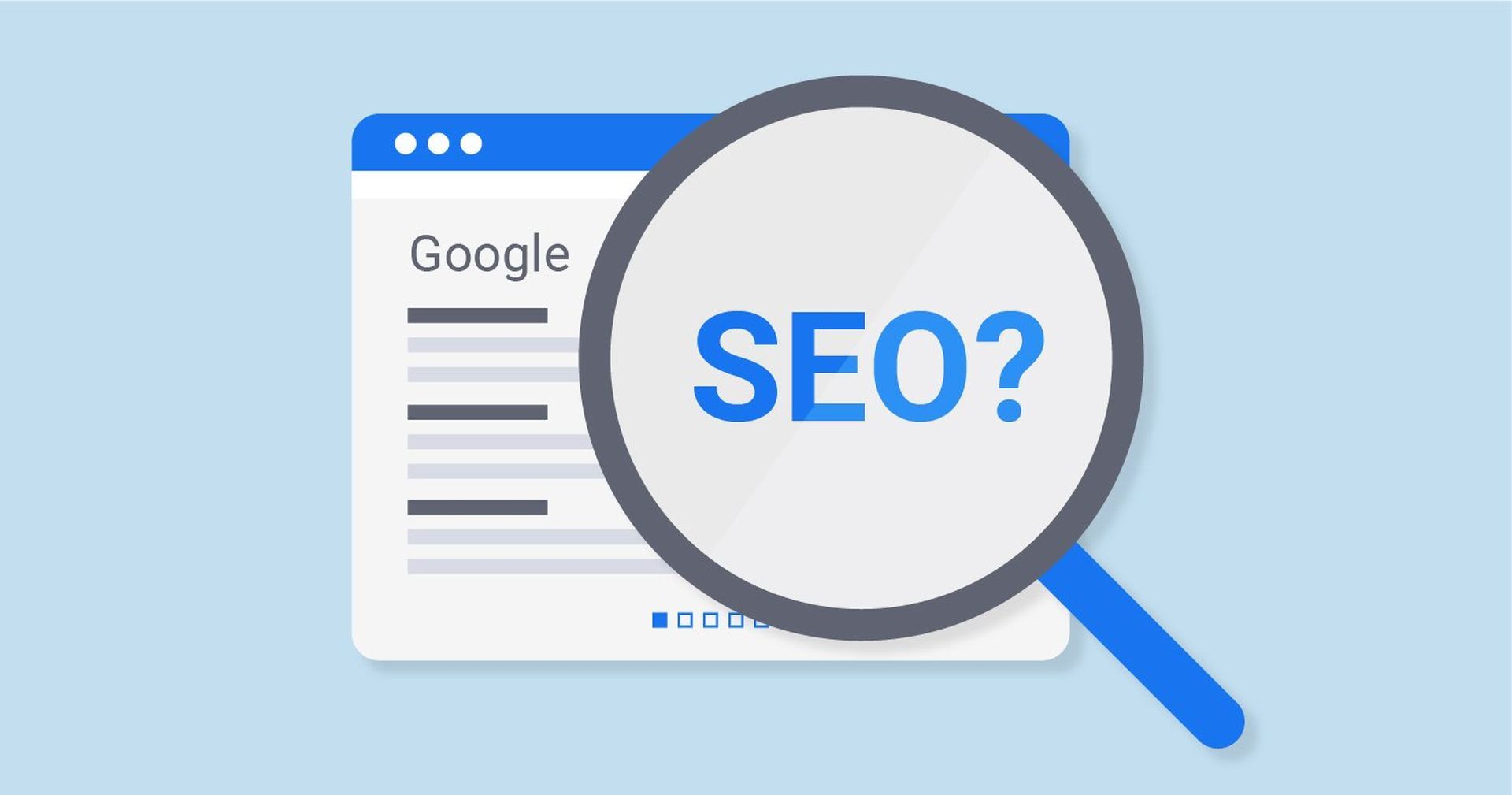Table of Contents
While search engine optimization’s effects are undeniable when building an online presence, employing ethical SEO practices is just as important. That is why, today, we’ll be taking a look at the “white hat” approaches that Google prefers while ranking websites and pages.
It’s human nature to seek anything ethically bound to keep a clean conscience. It is the essential framework for comprehending human existence. Ethics standards are widely recognized rules in many parts of life, and digital marketing is no different. Ethical SEO is the major search engine marketing approach that strictly adheres to the code of conduct. It has been a common go-to approach for agencies and SEO consultants alike. Fortunately, there is a full description of what ethical SEO entails below.
What is ethical SEO?
Ethical SEO is search engine marketing that employs only approaches and strategies that search engines deem ethical. The strategy, sometimes known as white hat SEO, is based on the notion of adhering to the criteria established by the main search engines rather than attempting to fool them (which is known as black hat and would involve using spammy techniques such as hidden text, keyword stuffing, page cloaking, etc). Adopting an ethical strategy ensures that your website is optimized for both search engines and people.

Why should you practice Ethical SEO?
To create better results for your website in the long term, ethical SEO procedures must be followed. Here are some interesting benefits of ethical SEO:
Cost-effective promotion
You must consider the underlying component if you are looking for the cheapest digital marketing technique. One should constantly use natural methods as well as methods that provide outcomes. When compared to machine software, manual investment is considered a minimal investment.
Greater transparency
Using an ethical marketing technique is a highly efficient way to focus on improving the webpage’s ranking in search engines. Ethical SEO is a deliberate and methodical approach based on a search engine strategy. Changes in progress may be identified quickly, ensuring high levels of openness.
Improved ROI by targeting traffic
Marketing is useless if the correct clients are not attracted. A plan is required to attain the target quantity of visits. Choose a specialty and stick with it. When you acquire visitors to a website, it frequently leads to increased conversion rates and a larger ROI.
Brand recognition
Building a brand takes sacrifice and tenacity. Using continual webpage marketing strategies is one approach to underline the importance of developing an online reputation. All you have to do is follow the proper steps.
Better accessibility and mobile browser experience
To boost internet exposure, one should employ ethical SEO. To guarantee that one’s site is accessible, use high-quality photographs and update essential material on a regular basis. It is critical to hire an SEO professional. Cross-browser compatibility can help a company. They are up to speed on the newest in the area of SEO.
Sustainable, ethical methods guarantee that an organization’s e-marketing objectives are realized. It is critical to protect your clients’ online presence. Putting it in jeopardy with aggressive approaches without their permission is a simple way to alienate loyal customers. Ethical SEOs guarantee that their clients’ and organizations’ demands are met.

What is unethical SEO?
“Black hat” or unethical SEO is frequently used to describe dishonest search engine optimization. It isn’t technically illegal, but it is often seen as unprofessional. These include methods and procedures based on manipulation as well as subtle nuances. It all comes down to cutting shortcuts and convincing the search engine that one’s material is superior to others. Its primary purpose is generally to obtain rapid and short-term rankings.
There is a simple technique for an internet user to identify and avoid unethical SEO strategies. It is determined by examining the number of links on a webpage and the content quality. These strategies are obvious to any visitors who are paying close attention. It is always risky to pursue this route because one may be banned. In the worst-case situation, your website is blacklisted by major search engines.
While the internet is a competitive industry, one does not have to start cutting corners early to get to the top of the ladder. Unethical SEO is a simple method to destroy your brand as well as your online presence.
Which techniques will you follow for ethical SEO?
When comparing white-hat SEO efforts to those of a black-hat SEO strategy, unethical SEO simply cannot compete with the remarkable rewards that honest, ethical, client-oriented techniques give. Google has designed its algorithms to search out and reward businesses that provide great content and an outstanding user experience to their consumers and clients. SEOs who are dedicated to improving a company’s performance will eventually succeed.
Start With Google’s Webmaster Guidelines
Fortunately, Google has published a lot about SEO and what not to do. Google has given up a thorough list of rules to assist businesses seeking high SERP ranks and “strongly encourages” businesses to pay close attention. Google even warns on the subject:
“Illicit practices…may lead to a site being removed entirely from the Google index or otherwise affected by an algorithmic or manual spam action.”

Understand What Panda and Penguin Mean for SEO
Google’s Penguin and Panda upgrades were launched a decade ago. Both revisions emphasized quality over quantity more than ever before. Panda, which debuted on February 23, 2011, targeted low-quality material. This algorithm’s purpose was to audit every internet page for three things: thin material (less than 300 words), duplicate content, and low-quality content, basically removing unoriginal, badly edited information from its results.
The Penguin algorithm, which was released on April 24, 2012, was designed to analyze websites’ backlink profiles. A backlink from another website is a recommendation for your website and business. When individuals understood that the more backlinks one had, the higher one’s ranking, Google realized it was putting too much faith in how its best-ranked websites obtained their links. Why should top ranks be given to websites that scammed their way to the top?
Content comes first, with links close behind. Google values both content and links. This is why Google penalizes black-hat SEO practitioners. Unethical SEO methods are designed to contradict Google’s standards blatantly. “Do it right, or face the consequences,” Google says.
Be Aware of Common Black Hat SEO Tactics
Unethical SEO manifests itself in a variety of ways. Some of the more frequent methods are highlighted below:
GMB listings at remote addresses
GMB listings, of course, are a valuable tool in local SEO strategy. Businesses may construct listings with residential addresses or P.O. Boxes to rank in several local SERPs in an attempt to acquire a following in multiple regions. Google’s policies forbid this: “Use a precise, accurate address and/or service area to describe your business location. P.O. boxes or mailboxes located at remote locations are not acceptable.”
Keyword stuffing on pages
Keyword stuffing is one of the most common forms of search engine manipulation. Keyword stuffing is the practice of cramming unrelated keywords into the material in an attempt to rank higher. Keyword stuffing is defined by Google as the following practices: inserting unnecessary phone numbers, towns, or states into text, as well as unnecessarily repeating terms or phrases. Stuffing keywords onto web pages, in the end, results in low-quality content and bad user experiences, which Google’s algorithms are developed to detect.
Flooding GMB listing names
In order to rank in certain places, a company may pack the headline of their Google My Business Listing with keywords. For instance, “Java Coffee Stop” in Dallas may also have a presence in Seattle. As a result, its GMB may read “Java Coffee Stop – Seattle, Washington Location.” Alternatively, a company may use keyword stuffing to rank for different services: “Java Coffee Stop – Latte, Cappuccino, Blended Beverages, Iced Tea, Hot Tea, Lemonade.” This is clearly wrong (and a flagrant violation of Google’s guidelines). According to Google, “Including unnecessary information in your business name is not permitted and could result in your listing being suspended.” Furthermore, ranking for many locations and services is possible with excellent, honest, and ethical SEO.

Engaging in link schemes
Five unethical link techniques are the most commonly used to obtain backlinks. Each scheme has a detrimental influence on ranking. The following text is taken directly from Google’s Guidelines:
- Buying or selling links that pass PageRank
- Excessive link exchanges
- Major article campaigns with keyword-loaded anchor text links
- Using automated programs to create backlinks
- Requiring a link as a part of a contract without allowing a nofollow option
While search engine optimization has a great impact on the online presence of companies, it is never worth it to employ black hat schemes. The best way to propel your business to the next level online is to employ ethical SEO practices. To learn more about practices that are both ethical and highly effective, be sure to take a look at how does page speed affect your rankings, or understanding competitive intelligence for SEO to improve rankings.










